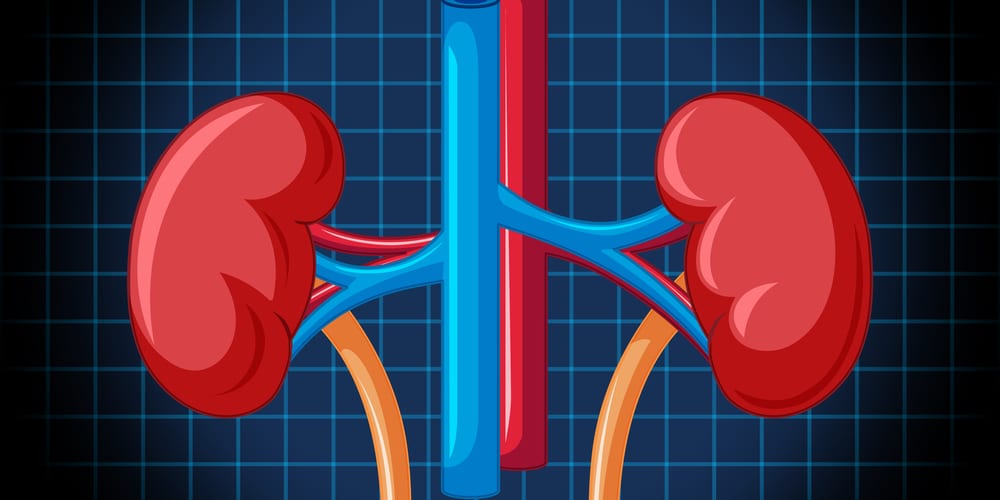Latest
Explainer: The presence of PFAS & BPA in your kitchen
Author
Author
- admin / 2 years

- 0
- 2 min read

Author
These chemicals can accumulate in the body over time, increasing the risk of cancer and numerous other ailments.
We live in a world where convenience often comes at a cost. The prevalence of “forever chemicals” like per- and polyfluoroalkyl substances (PFAS) and bisphenol A (BPA) has raised significant concerns – from exposure in drinking water to the foods we consume – prompting individuals to reevaluate their choices, particularly in the kitchen.
Before we get to the findings of extensive research on the subject, let’s first understand what these chemicals really are. PFAS are synthetic compounds known for their ability to confer resistance to heat, oil, stains, grease, and water. This versatility has made them a staple in various products, from nonstick cookware to stain-resistant couches. BPA, on the other hand, is a chemical used primarily in the production of polycarbonate plastics. It is commonly found in all kinds of plastic products, including food containers and bottles.
The growing presence of PFAS and BPA in the environment and the human body has earned them the nickname “forever chemicals”. Studies find that the long-term exposure to these chemicals are associated with disruptions in immune function, thyroid function, liver disease, kidney diseases, cancer, lipid and insulin dysregulation, as well as detrimental impact on reproductive and developmental outcomes.
Incidentally, BPA is one of the most studied endocrine disrupting chemicals (EDCs) and research shows that low doses of BPA can alter hormone-sensitive organs and they are related to a wide range of noncommunicable diseases in humans. PFAS and BPA can also accumulate in the body over time, increasing the risk of cancer.
“There is a critical need for informed choices in cookware and daily use products. Minimising exposure to these persistent contaminants through alternatives like glass or stainless-steel containers is a proactive step towards fostering health and well-being. Let us be vigilant about product labels, stay informed, and create a safer environment, beginning with our kitchens,” urges Dr A P Jain, a cardiologist at Dr. Ram Manohar Lohia Institute of Medical Sciences in Lucknow, India.
While it may be challenging to eliminate exposure to these persistent contaminants, informed choices and awareness can significantly reduce the risks associated with them.
Read More : Critical gap in cancer trials in India, finds study










